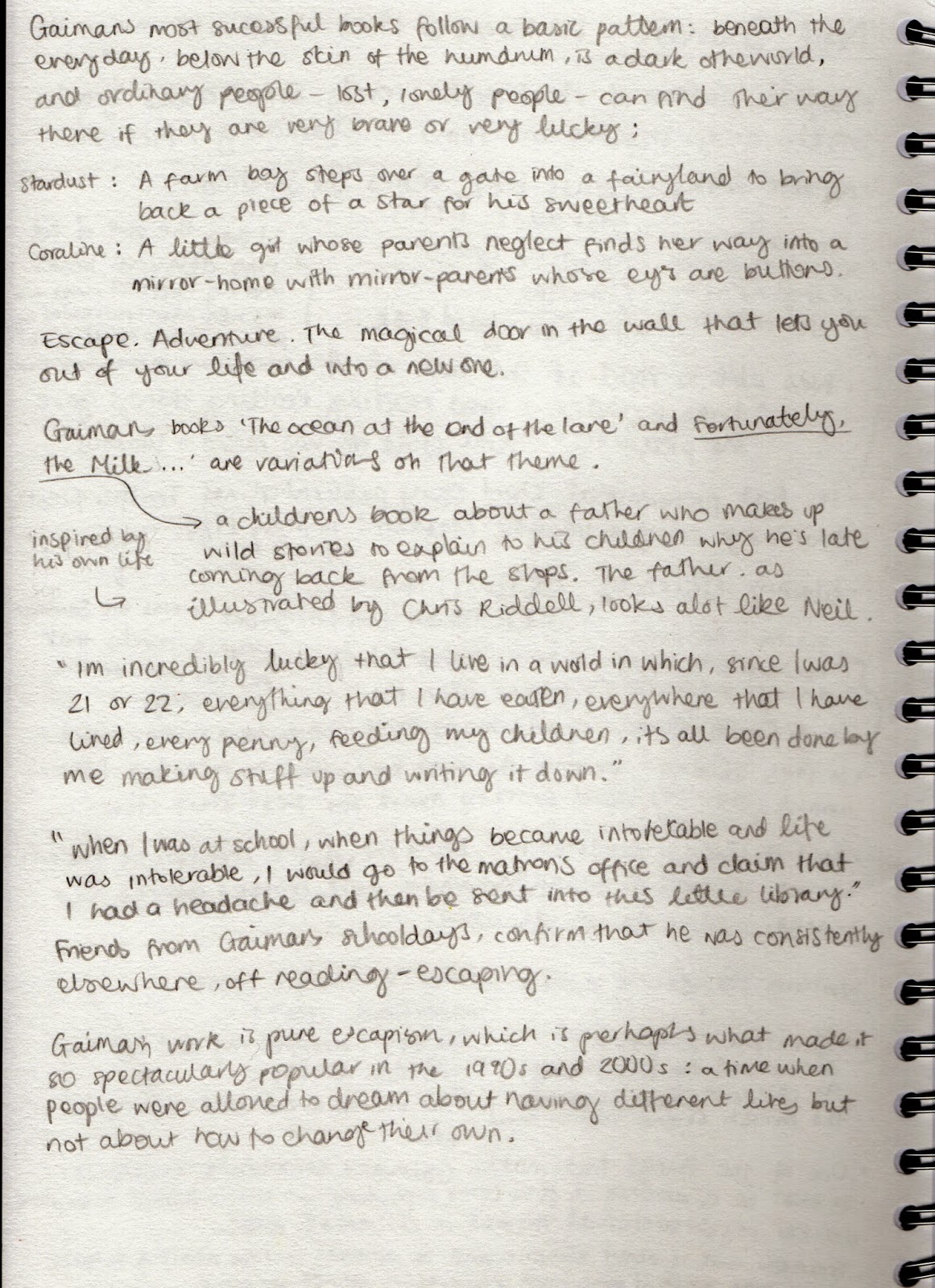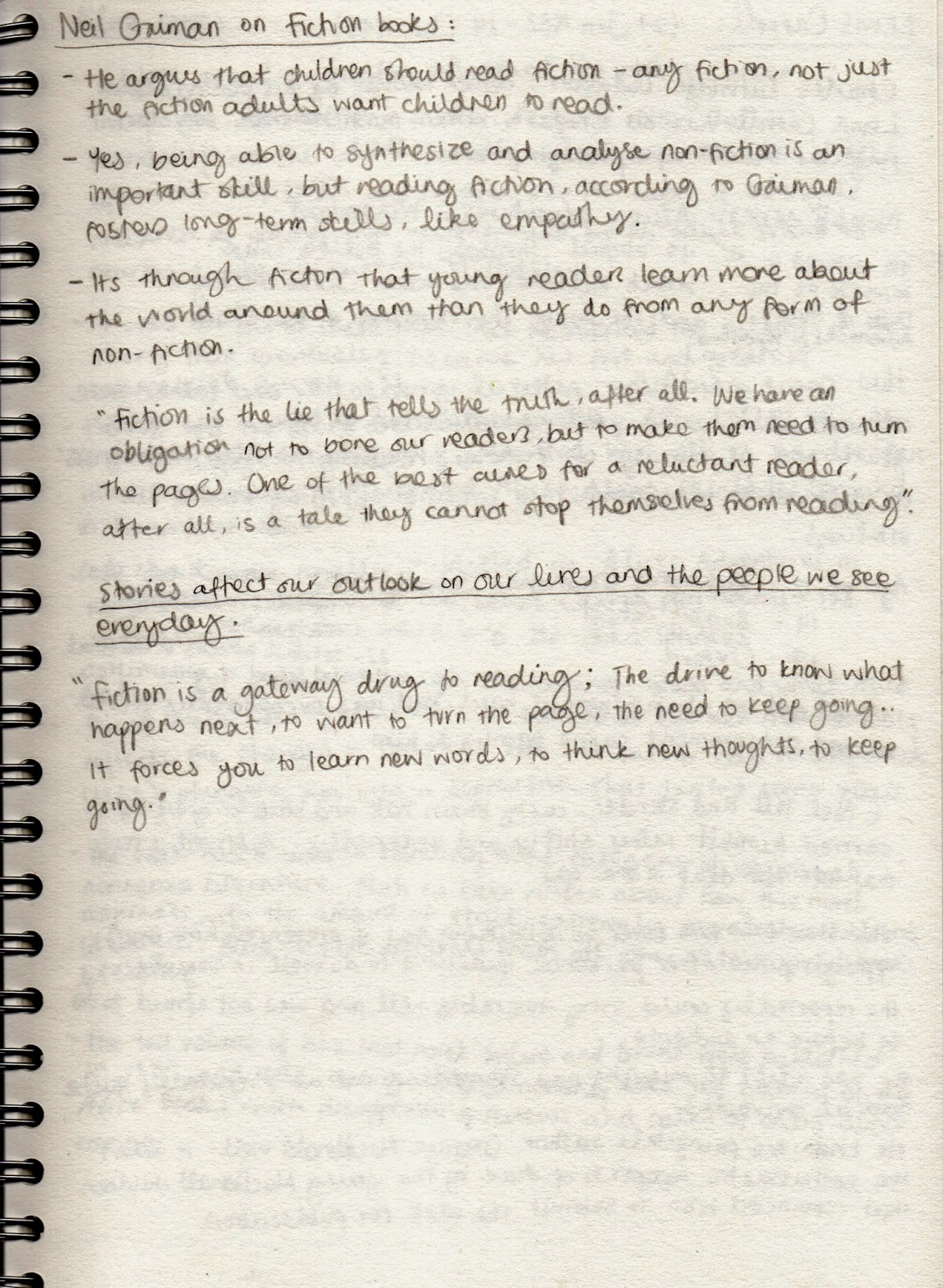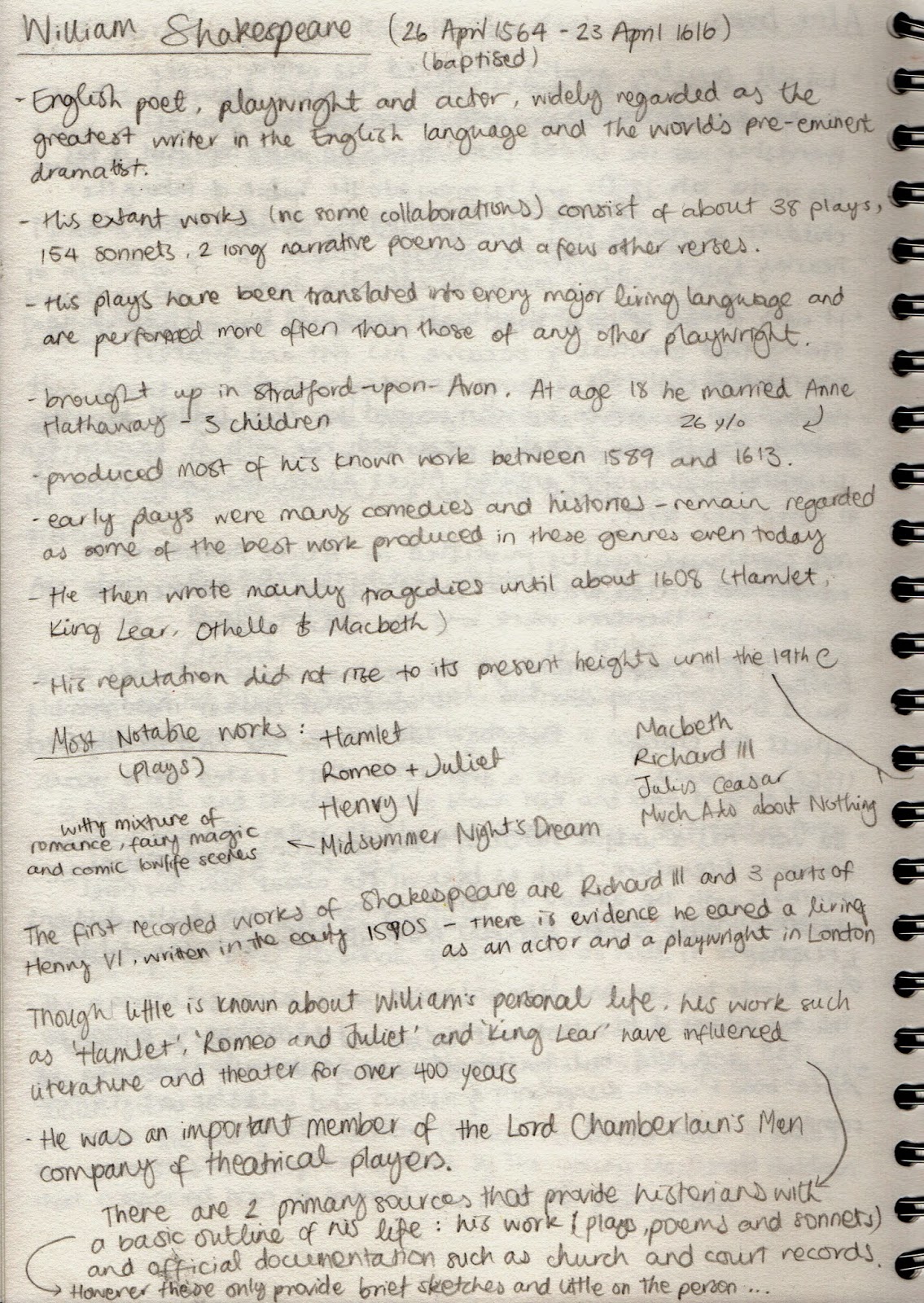30/09/2014
Summer Brief Part 3 Presentation
1. I did my
initial research on Shakespeare, Lewis Carroll and Neil Gaiman. And then I
decided to select Neil as my main focus. Neil is an English author of short
fiction, novels, comic books, graphic novels and films.
2. He was born in
November 1960 in Hampshire, UK and now lives in the US
3. Neil was the
sort of kid who devoured books. He was able to read at the age of 4 and his
happiest times as a boy were when he persuaded his parents to drop him off in
the local library on their way to work, where he would spend his day.
4. Neil described
his young self as a feral child who was raised in libraries. Even when he was
at school, when things became intolerable, he would go to the matron’s office
and claim that he had a headache and then be sent to the library. Apparently
friends from Gaiman’s school days confirm that he was consistently elsewhere,
off reading – escaping.
5. As a child he
discovered his love of books, reading, and stories, devouring the works of C.S.
Lewis, Lewis Carroll, etc
6. Gaiman began
his writing career in England as a journalist. His first book was a Duran Duran
biography that took him three months to write. Published in 1984 (24 years old)
7. But it was the
Sandman graphic novels that put his work on the world stage; it collected a
large number of US awards and became the first comic ever to receive a literary
award, the 1991 World Fantasy Award for Best Short Story.
8. The reason why
I chose Gaiman is that he is an author whose work crosses genres and reaches
audiences of all ages. I like the fact that he doesn’t limit himself to writing
for one specific age group. I have watched movie adaptations of two of his
books, both I really enjoyed. One of them is..
9. Coraline. Originally
considered too frightening for children, it went on to win the British science
fiction award. He considers Coraline the "strangest" book he's
ever written but he's also very proud of it, and for good reason: Coraline
appeals to a huge range of people. The book has a young protagonist yet the
story has been told in a way that it offers enjoyment to both children and
adults. He noticed that kids tend to read it as a cool adventure while adults
read it as kind of a horror story. I like that he is unafraid to explore darker themes in children's books.
10. And also the
fact that the movie adaptation is a stop motion animation by Laika, just makes
me love it even more.
11. The other
movie adaptation is Stardust, which I also really enjoyed.
12. Fantasy,
escapism, something sort of magical and supernatural is another reason why I
like Coraline and Stardust so much. His most successful books follow this basic
pattern. For example, A little girl, bored and ignored by her busy parents
finds her way into a mirror home with mirror-parents. But the “other mother”,
who unlike her real mother, pays her lots of attention, cooks good food, and
gives her what she wants. But also unlike her real mother, the other mother has
buttons for eyes and wants to love Coraline to death, literally. And in
stardust a farm boy steps over a gate into a fairyland to bring back a piece of
a star for his sweetheart. Escape, adventure. A magical door that lets you out
of your life and into a new one.
13. I also like
how passionate he is when talking about reading fiction. He believes that
“Fiction is a gateway drug to reading; the drive to know what happens next, to
want to turn the page, the need to keep going” once this is in your system, he
believes that reading anything will become pleasurable.
14. Gaiman argues
that children should read fiction – any fiction, not just the fiction adults
want children to read. He believes that yes, being able to synthesize and
analyse non-fiction is an important skill, but reading fiction, according to
Gaiman fosters long term skills like empathy. According to Gaiman, it’s through
fiction that young readers learn more about the world around them than they do
from any form of non-fiction. Which I think is a true point because I myself am
a fan of fiction too, children’s fiction, books, movies. But one ones that
really stay with me are the ones that actually leave you with something to take
away and learn from
15. So for
example, Coraline is a story of bravery, and according to Coraline
herself, being brave is "when you're scared but you still do it
anyway". Coraline teaches us that bravery comes in all
forms. Bravery can be going to school, making new friends, even doing this
presentation. If you're scared and you do it anyway, you're brave.
Coraline reminds us that bravery can be a much more
everyday occurrence. No matter what it is, if we do it, we'll gain confidence
and feel better about ourselves after – which I believe is a nice little thing
to take away and remember.
Subscribe to:
Posts (Atom)









